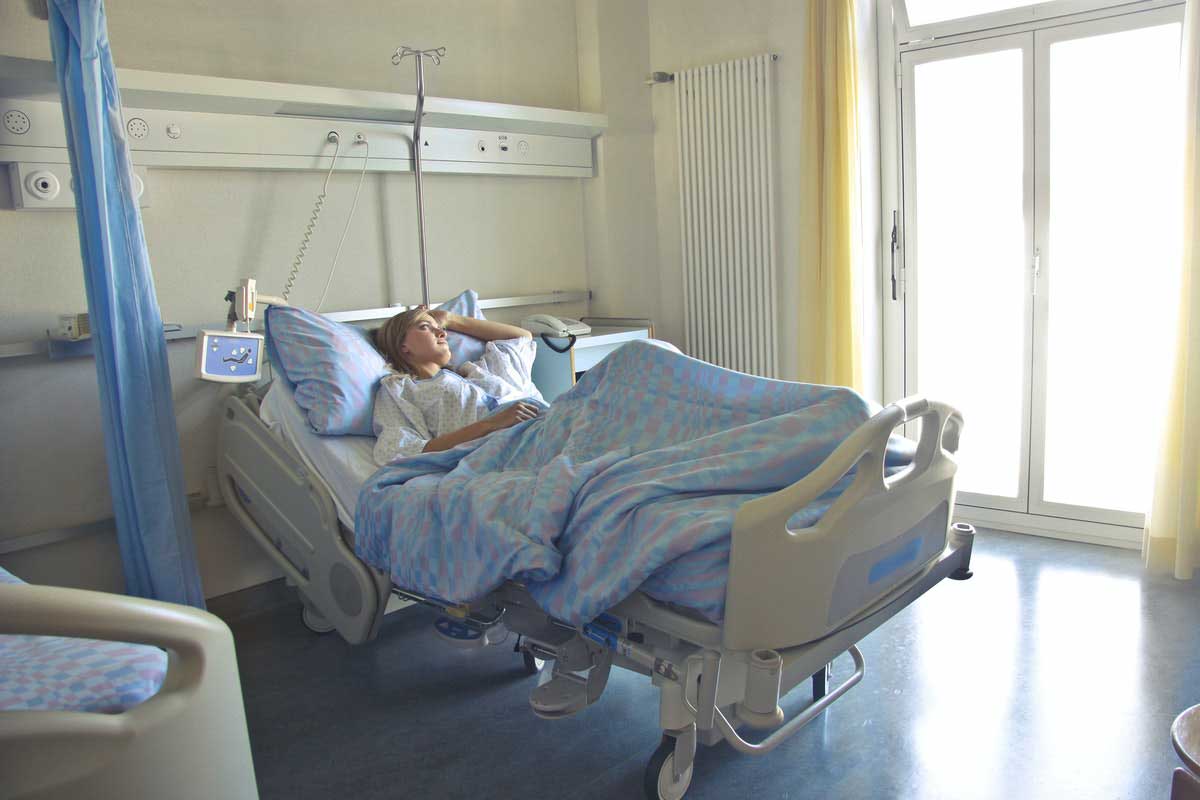By Nancy Collins, PhD, RDN, LD, NWCC, FAND
Some healthcare providers are working in underperforming facilities, and they need to discuss how to improve outcomes before it becomes a matter of legal record.
“I didn’t have any special training in wounds. No one else wanted to do it, so I said okay.”
“The weekends were really bad. We only had a few people working weekends.”
“I know some of the patients didn’t get turned all day.”
“We always were running out of supplies, so I improvised.”
All of these confessions, or truths, are from real life depositions of nurses who were working in facilities that patients were suing because they developed wounds. These nurses were not trying to hurt their facility in any way or stymie the defense team, but were simply telling the truth in their opinion.
Sworn Testimony
Before every deposition or court testimony, the deponent or witness must raise his or her right hand and swear to tell the truth, the whole truth, and nothing but the truth. Just about everyone takes this oath seriously and complies with honest responses to the questions posed. This seems simple enough, but often leads to testimony that is clearly detrimental to the defense when staff members believe the facility has managerial and/or care problems.
Quality Measures
Healthcare today is challenging to say the least. Just as in any business, we are doing more with less as we try to contain costs without letting quality care slip away. In fact, all sorts of CMS programs and incentives capture good performance on various quality measures, several of which relate to wounds.
The reality is that not every facility exceeds on all quality measures, and many facilities do in fact receive financial penalties. For example, it is quite easy to browse the Internet and find out exactly how every skilled nursing facility fared on the measure for pressure injuries. All you have to do is navigate to the Nursing Home Compare website, where you will find the percentage of long-stay, high-risk residents with pressure injuries for every facility with a comparison to the state and national averages. Because the nature of a mathematical average is that some are above the central value and some are below the central value, we must recognize that many wound care practitioners work in underperforming facilities. The question is what to do about it before it ever becomes a matter of telling the truth or suffering the consequences in a legal matter.
Taking the First Step
Much is written about healthcare quality improvement programs. Detailed systems and processes are delineated in article after article. My experience shows me it is not quite as complicated as it seems.
If you are working in an underperforming facility, discuss it. The first step is admitting that a problem exists and creating a culture that accepts open and honest communication. Bringing up areas that need improvement should not result in penalties.
Administrators should not hear about the problems facing the staff for the first time during a deposition. If the staff feels weekend coverage is spotty or they are asked to work double shifts too often, it is necessary for administrators to listen and discuss this. Communication between administrators and the hands-on caregivers is sometimes all it takes to smooth out some tension.
I was in an elevator the other day and overheard two nurses complaining about their facility. I bristled, thinking what a liability this was, and turned and asked them why they didn’t tell this to their supervisors. They shrugged and said the supervisors didn’t want to hear it, and nothing was ever going to change. What a terrible way to go to work every day, and what a legal liability!
Get Creative
Google engineers are encouraged to take 20% of their time to work on company-related issues that interest them personally. Many of Google’s biggest successes have come from the 20% time, including Gmail. Healthcare can adapt that idea and let everyone have input on what will work best for both the staff and the patients.
In one facility where I worked, staff members could earn fake money if they identified a problem and came up with a feasible solution, “dollars” they could later exchange for goods such as facility logo shirts and hats or gift cards. Everyone was allowed to submit ideas, from the housekeeping staff to the therapists. Everyone participated in brainstorming new ways to do things that would become better ways. I always enjoyed working at this particular facility because they had an atmosphere of camaraderie—everyone felt valued. I feel confident that if anyone at this facility was called to testify, they would have nothing negative to report.
The Bottom Line
You will likely tell the whole unadulterated truth when under oath. If that truth is that you could not take proper care of the patients and their wounds and other medical conditions for whatever reason, then perhaps it is time to move on or take a break. We are entrusted with people’s health. We need to look in the mirror and know we did the best job possible. What do YOU see when you look your mirror? I hope some readers are moved to start afresh and discuss with their team things that have bugged them for a while.
















